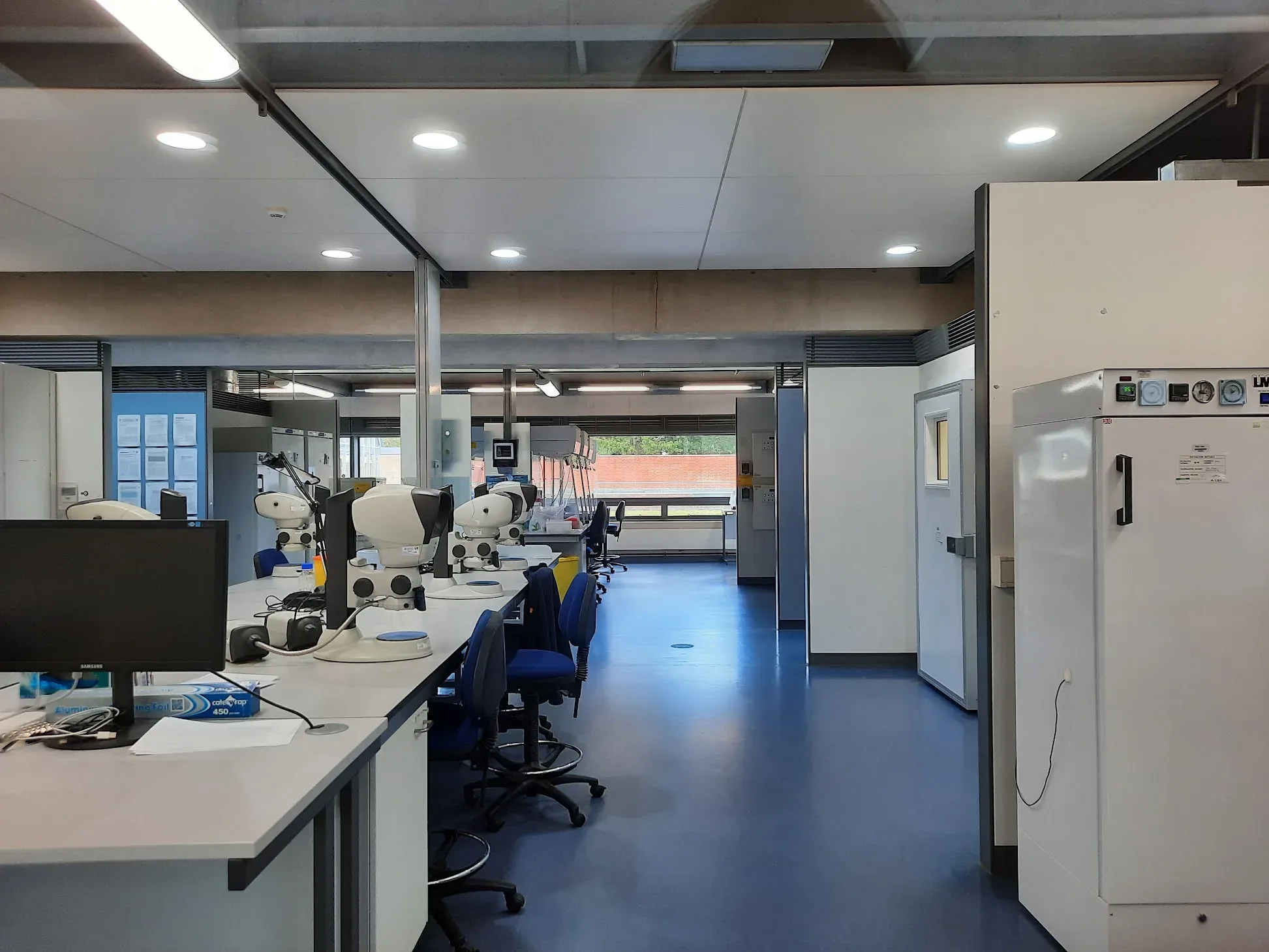If you’ve been following the latest developments in quantum computing, then you know that this new technology has significant potential. Quantum computers are being developed for a variety of uses and applications. One of the most exciting applications of quantum computing is drug development. Pharmaceutical companies are using quantum computers to compute molecular properties and interactions that can be used for drug discovery. One of the pharmaceutical companies researching using quantum computers for drug discovery is Boehringer Ingelheim.
Boehringer Ingelheim is one of the world’s leading pharmaceutical companies. Since it was founded in 1885 by Albert Boehringer, the family-owned company has been committed to researching, developing, manufacturing, and marketing novel treatments for human and veterinary medicine.
Boehringer Ingelheim is headquartered in Ingelheim, Germany, and has more than 50,000 employees worldwide. The focus of the family-owned company is researching, developing, manufacturing, and marketing new medications of high therapeutic value for human and veterinary medicine.
Boehringer Ingelheim aims to strengthen its position as one of the world’s leading pharmaceutical companies. The Group’s market position is improved through targeted investments in research and development (R&D) as well as in sales and marketing (S&M).
As with all pharmaceutical companies, Boehringer Ingelheim invests heavily in research and development to bring new drugs to market. A large percentage of the company’s R&D expenditure goes into discovering and developing new medicines for humans.
In recent years, the company has been looking at cutting-edge technologies such as artificial intelligence and quantum computing to accelerate drug discovery. The company is exploring how quantum computing might help with drug discovery.
In 2021, the company announced a partnership with Google to research how to use quantum computing to solve problems encountered in drug development and accelerate the drug discovery process.
Boehringer Ingelheim and Google share a passion for innovation and continuous learning. The collaboration aims to bring together the power of quantum computing with expertise from Boehringer Ingelheim’s medicinal research units to identify new ways to solve drug discovery and development problems.
The collaboration is taking place at Google’s Quantum Artificial Intelligence Lab, where quantum computers are being explored to solve complex computational problems that traditional computers cannot handle.
The collaboration is focused on molecular dynamic simulation and the development of new quantum algorithms to study molecules and their interactions. This aim is in line with Boehringer Ingelheim’s strategy for digital transformation and to bring about medical breakthroughs for patients that are in need.
In recent news, Boehringer Ingelheim had also joined the Quantum Technology and Application Consortium (QUTAC) as a founding member alongside ten other German companies. QUTAC is a consortium founded to foster and explore the industrial application of quantum technologies in Germany’s chemical and pharmaceutical industries.
“As part of QUTAC, we will contribute to further advance the research for industrial solutions in the field of quantum computing,”
Michael Schmelmer, member of the board of managing directors of Boehringer Ingelheim with responsibility for Finance and Group Functions
To fully understand why a pharmaceutical company would invest in quantum computing, it helps to understand the potential of quantum computing and its possible applications.
Quantum computers promise much higher computational power than conventional computers — enough to tackle problems that are currently impossible or impractical to solve on today’s machines. The technology is still in its infancy, but it has the potential to change many industries, including healthcare, finance, and manufacturing.
Quantum Computing 101
Quantum computing takes advantage of the fundamental properties of atoms and molecules at an incredibly small scale to process data. Quantum computers use qubits (quantum bits), which operate as both 0s and 1s simultaneously — something that would be impossible for traditional computers to do. As a result, quantum computers are able to process far more information than traditional computers and can reach solutions much faster.
Drug development is one of the fields in which quantum computing could have a major impact. With their speed and immense processing power, quantum computers will likely be able to simulate complex chemical reactions much more efficiently than today’s conventional methods. This has the potential for revolutionizing drug design because it will allow scientists to test thousands of different chemical combinations simultaneously — something that would take traditional computers years or even decades. This huge potential of quantum computing is why Boehringer Ingelheim is tilting its research activities towards the use of quantum computers and AI.
In a recent article, McKinsey & Company analyzed the impact of quantum computing on the chemical industry, which, similarly to pharma, relies on the development and manufacture of molecules, and concluded that it will be one of the first industries to benefit. McKinsey further explained the profound impact that quantum computing could have on the pharma industry and presented use cases for its application. Read the article here.
Molecular Simulations
Molecular Simulation is one important aspect of pharmaceuticals and drug development where quantum computers have proven useful. Pharma players make use of tools and processes such as Computer-Aided Drug Discovery for simulation of molecular interactions. Still, the classical computers used in these processes have limited processing capabilities that take longer to predict the behaviour of drug molecules.
Simulating molecular interactions is very difficult, and even when sophisticated supercomputers are employed in the process, there is still a gap between accuracy and speed. The introduction of quantum computers has helped improved drug discovery through fast and accurate molecular simulations.
Quantum computers are able to effectively simulate how drug molecules uniquely interact with different body systems to give the most positive benefit with the least negative effect. This improvement in molecular simulation through quantum computing will help big Pharma personalize drugs for individuals based on how their bodies respond and interact with each drug molecule.

